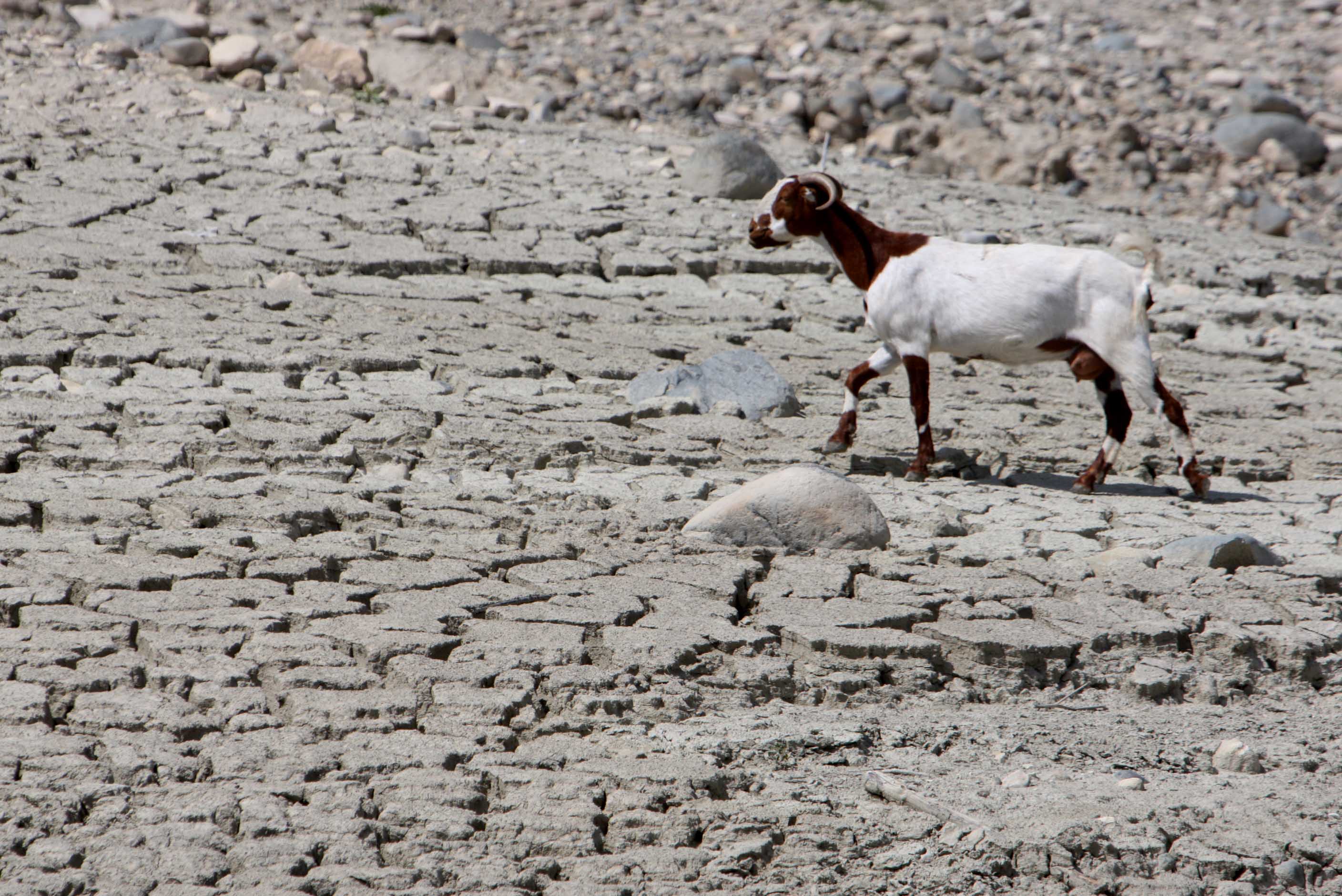Extreme weather events, such as heatwaves of unprecedented intensity and duration, droughts, dust storms and torrential rains, are expected to hit the eastern Mediterranean and Middle East region (EMME) by the end of the century, a new international scientific study has warned.
It also predicts an increase in temperature of up to 5 degrees Celsius, phenomena that make the need for immediate, cross-border action to address the climate crisis more urgent than ever.
In preparation for the next UN climate change conference (COP27) to be held in Sharm El Sheikh, Egypt in November, an international team of scientists have made a comprehensive assessment of climate change and its consequences in the Eastern Mediterranean and Middle East region, which includes Cyprus and Greece.
The study was motivated by the Cyprus government’s Initiative for the Coordination of Actions on Climate Change in EMME, announced in 2019, and aims to develop a joint regional action plan to promote coordinated actions towards the achievement of the goals of the Paris Agreement.
The results of the study carried out under the auspices of the Centre of Excellence for Climate and Atmospheric Research (CARE-C) of the Cyprus Institute and the Max Planck Institute of Chemistry in Germany, were recently published in the prestigious scientific journal Reviews of Geophysics.
The study identified the region as one of the global climate change hotspots and points out that the region is warming almost twice as fast as the planetary average, and much faster than other inhabited areas of the planet.
Researchers also highlighted the possible occurrence of other extreme weather events, such as prolonged periods of drought, dust storms, as well as torrential rains that may cause sudden flooding.
As a result, the region is expected to address shortages in the supply of drinking water and food. Almost all socio-economic sectors are expected to be critically affected, putting at risk the health and well-being of the region’s 400 million inhabitants, with repercussions on a global scale.
The changes foreseen in the region as a consequence of climate change are expected to have key socio-economic impacts.
“The residents of EMME will face great challenges for their health and living, with particular difficulties for the elderly, children and pregnant women,” noted professor Jos Lelieveld, director of the Max Planck Institute of Chemistry, professor at the Cyprus Institute and coordinator of the study.
The study also states that, based on the latest estimates, EMME looks set to soon surpass the European Union as a source of greenhouse gases, and is evolving into one of the world’s largest sources of emissions.
“Projections based on the current situation (i.e. models that do not take into account immediate and ambitious climate actions to prevent the current climate trajectory) imply the expansion of arid climate zones to the north. As a result, snowy mountainous climatic zones will be reduced, and the combination of reduced rainfall and strong heating will bring about severe droughts,” explained Dr. George Zittis of the CARE-C Centre of Excellence of the Cyprus Institute.
Meanwhile this autumn, within the framework of the initiative, the EMME head of states’ summit will take place, where the announcement of the regional action plan is expected.
Possible adaptation measures and policy recommendations proposed by scientists to achieve these objectives underline the need for the rapid implementation of decarbonisation actions, with a particular focus on the energy and transport sectors, which account for the largest share of greenhouse gas emissions in the region.
Additionally, the study also highlights the importance of taking transformative measures for climate resilience and adaptation to increasingly challenging environmental conditions. Priority areas include addressing limited water resources, as well as preparing to deal with more frequent extreme weather events, particularly in urban centres.
“The need to achieve the goals of the Paris Agreement is more immediate than ever. Climate change does not recognise state borders, which is why stronger cooperation between EMME countries is necessary to address its adverse effects,” Lelieveld said.







Click here to change your cookie preferences